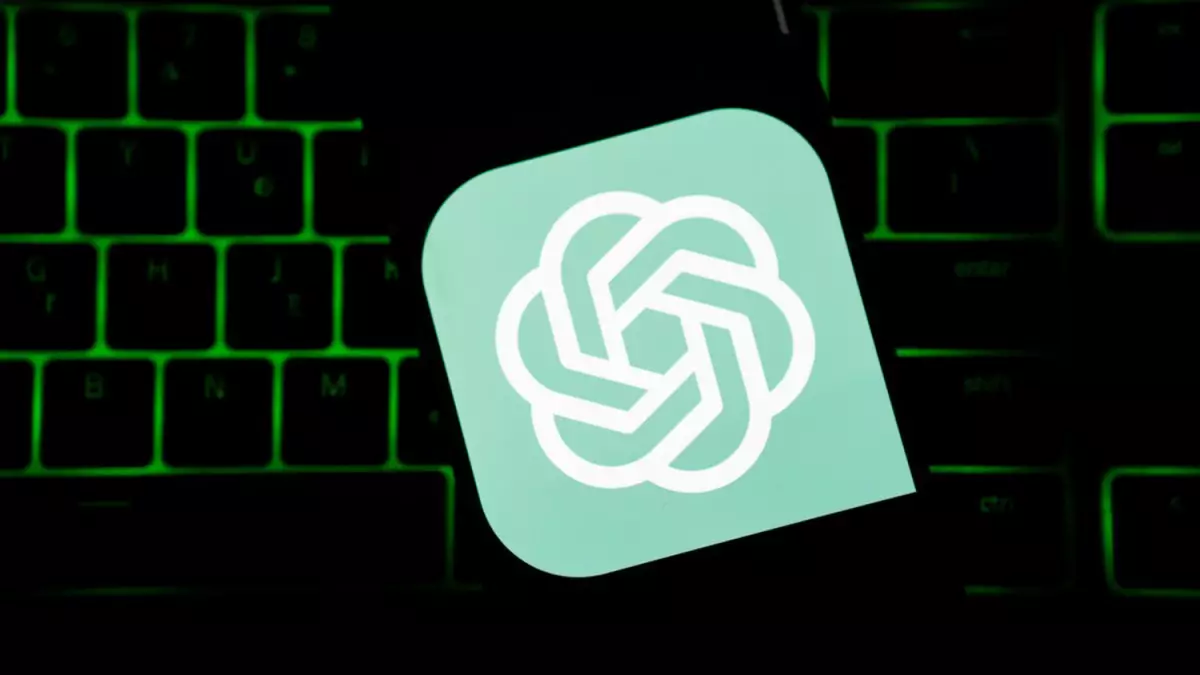OpenAI’s ChatGPT platform, alongside its developer-facing API and Sora, experienced a significant outage on a Thursday afternoon, which lasted for an alarming three hours. This disruption began around 11 a.m. PT and persisted well into the afternoon, indicating a concerning level of instability in a service that millions rely on for various applications, ranging from casual conversation to extensive research assistance. Previous outages, notably one earlier in the month, hint at an ongoing pattern that could raise questions about the stability of these AI-driven platforms.
As users attempted to access ChatGPT and Sora on that fateful Thursday, many received error messages, highlighting the technical difficulties. OpenAI acknowledged the outage on its status page, attributing the issue to an upstream provider but failing to provide explicit details. This lack of transparency regarding the root cause can be frustrating for users and developers reliant on these tools, as it fosters uncertainty. Furthermore, OpenAI reported that by approximately 2:05 p.m. PT, services were only partially restored, with users still facing difficulties accessing their chat histories.
Such communication hiccups raise implications about the organization’s protocol when it comes to downtime. In a world where information flows rapidly, a clear narrative regarding service disruptions is essential for maintaining user trust and satisfaction.
This incident marks the second significant outage OpenAI has faced in December alone. The previous disruption, which lasted around six hours, was attributed to a malfunctioning telemetry service. Outages of this length are not typical; most last only an hour or two. Yet, the repeated nature of these incidents points to a deeper issue within the infrastructure or support systems OpenAI employs.
While it’s commendable that certain connected services, such as Perplexity and Siri’s AI integration, remained unaffected during this particular outage—per checks on various status pages—this does not minimize the overall impact of these outages on the user experience for those primarily engaging with ChatGPT and Sora. Frequent down times can lead to frustration among users, who may feel their needs are not being adequately met.
OpenAI must proactively address these outages and their implications. By enhancing communication channels and providing timely updates during disruptions, OpenAI can work towards mitigating user frustration caused by confusion and unpredictability.
Moreover, investing in robust infrastructure and diversifying upstream service providers could enhance overall reliability. Users deserve a consistently responsive platform, and OpenAI should prioritize actions that reinforce their commitment to service excellence. Ultimately, systematic improvements could lead to greater user satisfaction and trust in OpenAI’s suite of innovative tools.
While outages are an expected risk in the digital realm, it is the approach organizations take in managing these challenges that defines their reliability and user confidence. OpenAI’s path forward must incorporate lessons learned from these disruptions to emerge as a resilient leader in the AI space.

